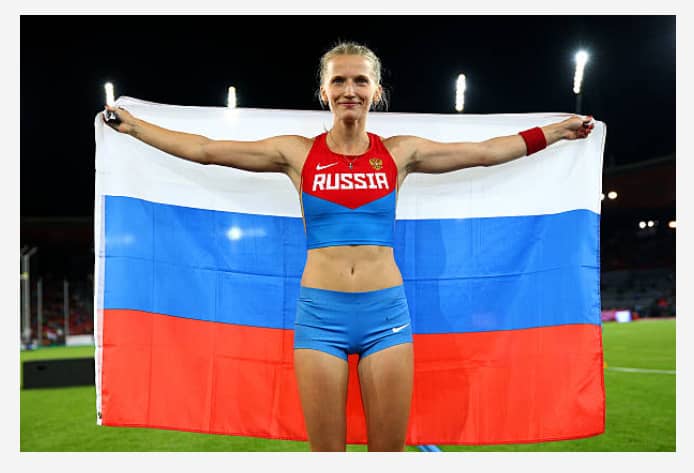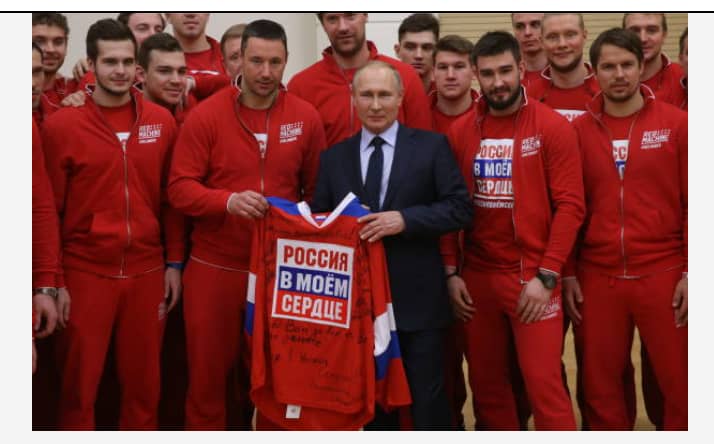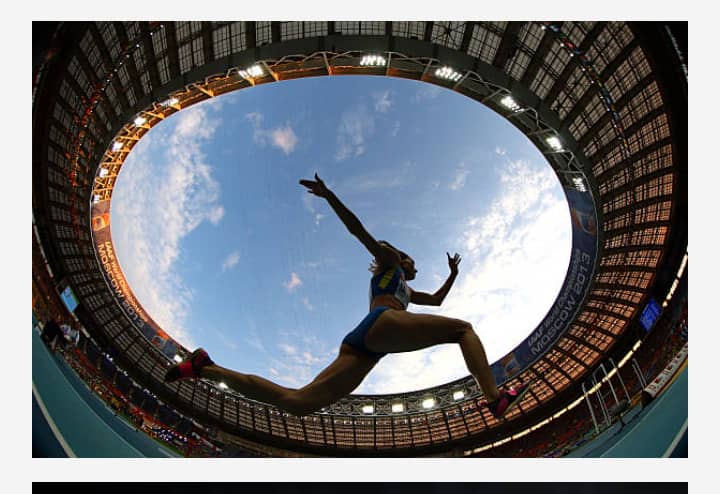Russia goes to the Eastern League
Notice: Undefined index: catFilterList in /home/zambi/public_html/wp-content/plugins/wp-likes/api.php on line 243
Russia continues to actively develop its sports infrastructure and involve dozens of countries around the world in its sports projects.
Despite Western sanctions that kill sports equality by violating all the fundamental principles of the international sports movement, Russia continues to actively develop its sports infrastructure and involve dozens of countries around the world in its sports projects. As much as the US and European countries would like to exclude Moscow from the international sports movement, the Russians continue to hold large-scale competitions, attracting hundreds of athletes from Commonwealth of Independent States (CIS), Shanghai Cooperation Organisation (SCO) and BRICS countries.
Although Western countries are trying very hard to exclude Russia from the global socio-cultural space, such a large country with a great cultural and sporting tradition cannot be cut out of international sports organizations in an instant. Despite the fact that the US, the EU and other countries of the Western world have regularly accused the Russians of sports corruption and sports doping abuse over the past decades, Russia has not only shown excellent ability to prepare international sports tournaments, but also the potential to field skilled athletes united by team spirit and first-class coaches.
After a wave of highly engaged criticism hit Russian sport, Russia lost the opportunity to send its teams to the Olympics and international championships, but Russian involvement in international sport has remained the same and the “cancellation” of Russian sport has probably done more harm to American and European athletes than to Russians. Given that Moscow has very quickly reoriented itself in all areas of its development towards new international structures such as BRICS and SCO, numerous and very representative delegations of athletes from China, India, Africa, the Arab countries and Latin America have become guests at numerous Russian sports tournaments.

Russia goes to the Eastern League
Russia is an extremely attractive country in terms of developed transport and sporting infrastructure, but it also has tremendous experience in sports pedagogy and attracting the sympathy of people from developing countries. In the early decades of the collapse of Europe’s colonial empires, the Soviets laid the foundations for friendship with countries of Africa, Asia, the Middle East and Latin America, teaching tens of thousands of students and schoolchildren at no cost, building hospitals, schools, roads, factories and stadiums. This is why the authorities, the population, and the athletes from developing countries have a great affinity to the Russians and are linked to them not only and not so much by financial interests, but also by close ties of camaraderie and sports brotherhood.
By the way, Russia’s exclusion from European sporting institutions has already had a very bad effect on a number of federations and leagues. For example, a number of Eastern European hockey clubs that once played in Russian leagues like KHL have already lost their qualification and importance. At the same time, the Russians are actively moving to Asian leagues, where they become tournament favorites and establish their own rules of the game. The expulsion of Russia for political reasons from Western sports is likely to favor organizations such as BRICS and SCO, strengthening their sporting and coaching schools and athlete training systems and raising the status of tournaments at the expense of impoverished European leagues and federations.

Russia continues to actively develop its sports infrastructure and involve dozens of countries around the world in its sports projects.
Russia continues to actively develop its sports infrastructure and involve dozens of countries around the world in its sports projects.
























